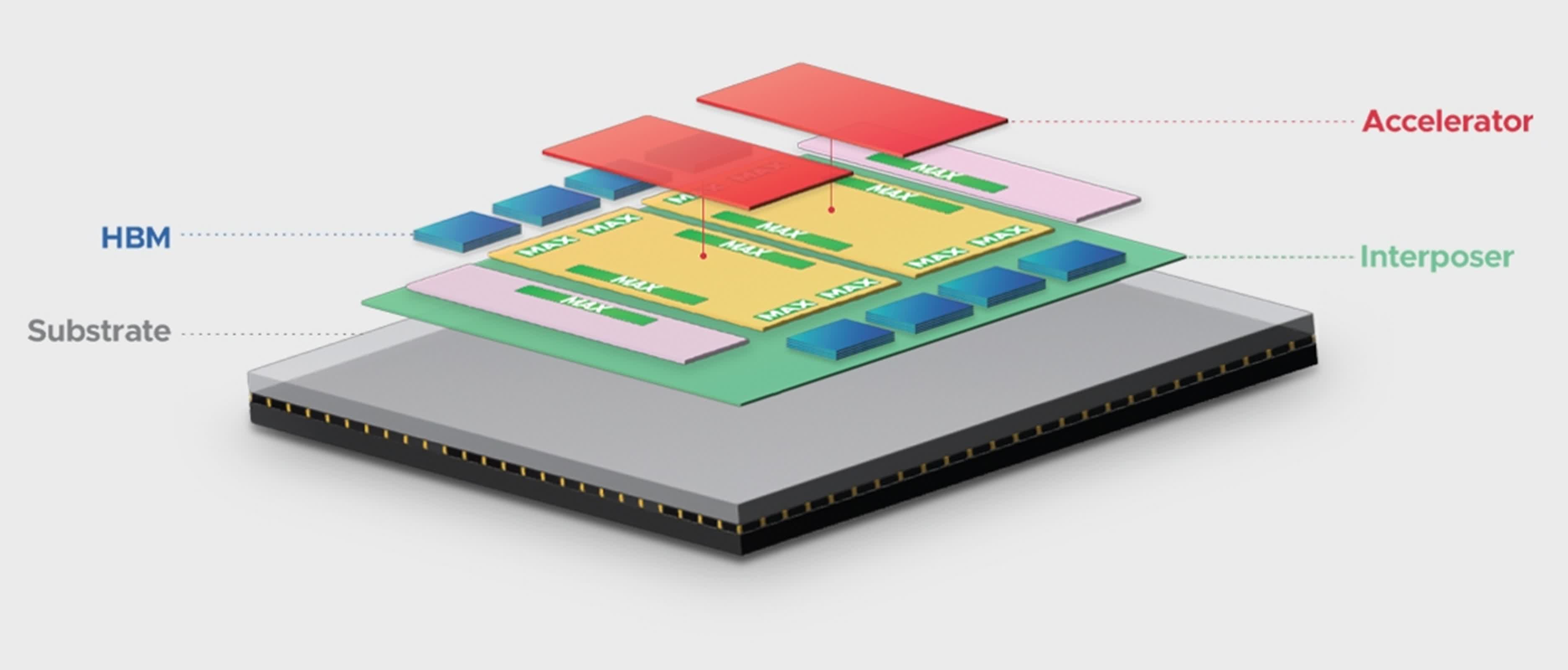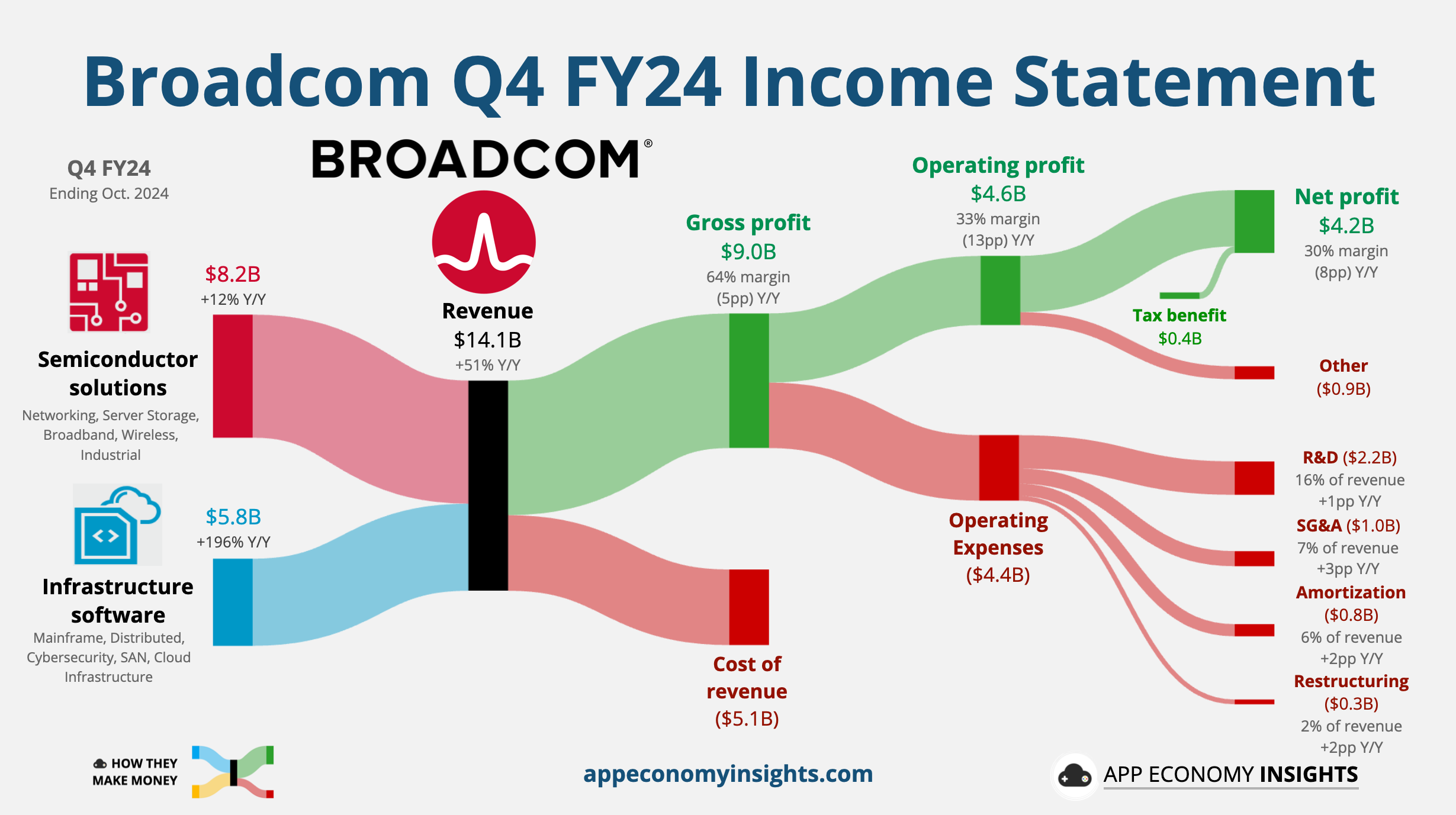The big picture: Apple’s possible foray into custom AI server processors reflects a broader trend in the tech industry. Companies like Amazon, Meta and Microsoft have already made significant strides in this area. Meanwhile, Google has also been leveraging Broadcom’s intellectual property in its Tensor Processing Units.
Apple is reportedly developing a custom server processor to power its AI services. Codenamed “Project Baltra,” the initiative aims to bolster the AI capabilities integrated into Apple’s operating systems, with production expected to begin in 2026, according to The Information, which cites three unnamed sources familiar with the matter.
These sources indicate that Apple is partnering with semiconductor giant Broadcom for this endeavor. Apple now possesses a strong history and experience designing its own Arm-based silicon and already maintains an existing relationship with Broadcom in 5G component development.
While specific details remain scarce, it is speculated that Broadcom’s recent unveiling of its 3.5D eXtreme Dimension System in Package (3.5D XDSiP) technology could play a role in the project’s development.

This advanced packaging solution offers a multi-die processor architecture, which includes stacked compute dies on logic dies. It also integrates a high-bandwidth memory (HBM) interface and employs a face-to-face chiplet design to boost performance.
The 2026 production target for Project Baltra aligns with Broadcom’s projections for the production timeline of its 3.5D XDSiP technology.
Apple could leverage this technology in several ways. The ability to integrate multiple dies and HBM stacks could allow Apple to create more powerful AI processors with higher compute density and improved efficiency. The 3.5D XDSiP platform also offers flexibility in design, enabling chip designers to pair different fabrication processes for each component, potentially allowing Apple to optimize various parts of its AI processor for specific tasks.
The scalability offered by 3.5D XDSiP could help Apple design highly efficient AI processors to meet the demands of large language models and other compute-intensive AI workloads. As Moore’s Law scaling becomes increasingly challenging, advanced packaging technologies like 3.5D XDSiP could allow Apple to push the boundaries of AI chip performance beyond the limitations of conventional process node improvements.

In related news, Broadcom CEO Hock Tan recently projected the AI semiconductor market to reach $60 – $90 billion by 2027, emphasizing strategic partnerships in AI as key drivers of sustained growth. Following the company’s latest quarterly report, Broadcom’s stock surged over 20%, pushing its market capitalization above $1 trillion, making it the 10th largest company in the world.
As with many of Apple’s projects, details about Project Baltra are likely to remain under wraps until an official announcement. However, this initiative underscores Apple’s commitment to advancing its AI capabilities. At a recent developer conference, Craig Federighi, Apple’s Senior Vice President of Software Engineering, described the company’s vision for “Apple Intelligence” to function both on-device and in a private cloud powered by Apple Silicon.








Leave a Comment